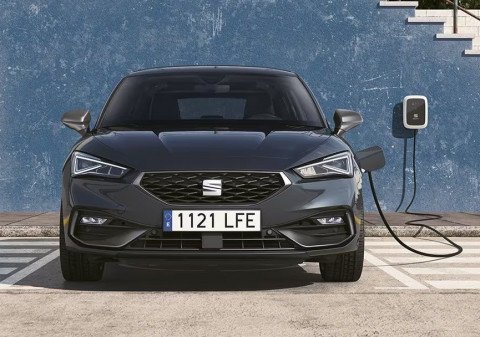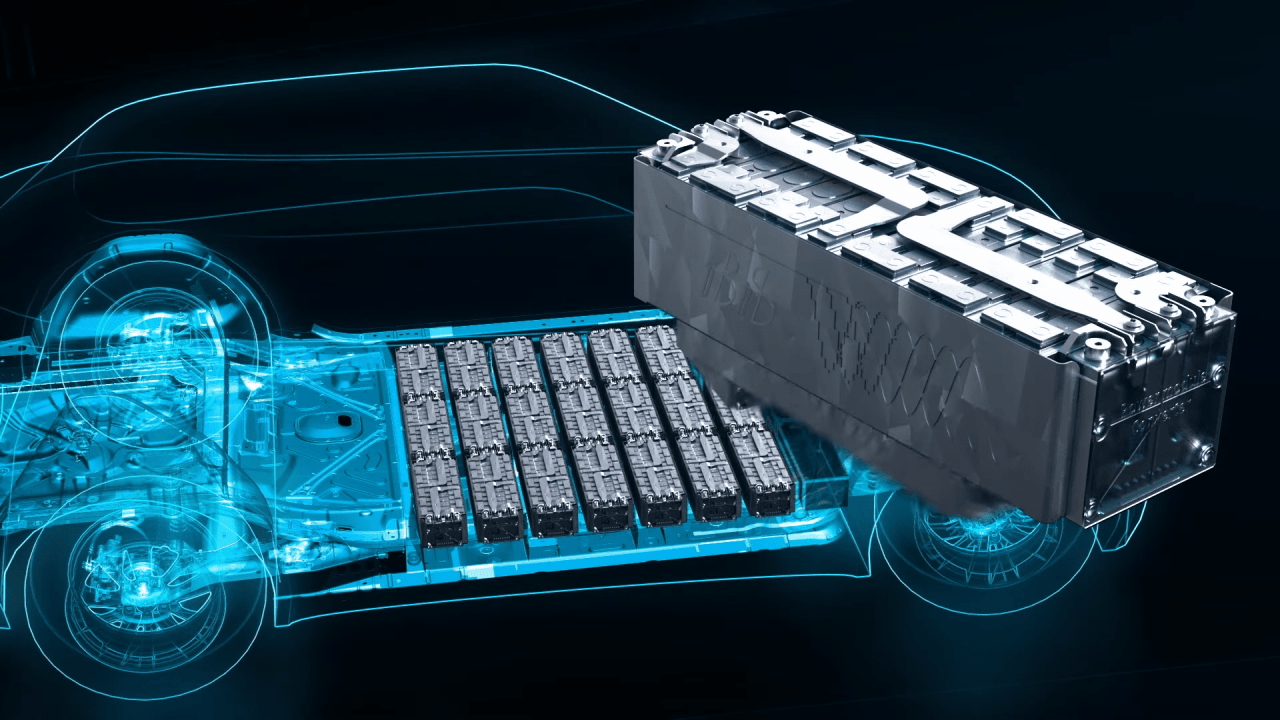Intelligent Battery Integrated System (IBIS) is a joint corporate and academic research project in France focused on developing a more efficient and less expensive energy storage system for e-mobility and stationary storage applications.
After four years of design, modeling and simulation, a team of 25 people comprised of CNRS (French National Center for Scientific Research), Stellantis and Saft engineers among others recently unveiled an innovative prototype of an energy storage battery that integrates the inverter and charger functions.
The developers claim that integrating the inverter and charger functions creates a battery that is more efficient, which enhances the electric vehicle's range and is more reliable and less costly. It also frees up room in the vehicle, they add.
The demonstrator project is operational since mid last year, and marks a major break from electrical energy conversion systems currently used. The project has made it possible to validate many new technical concepts and master their control and operation in preparation for automotive or stationary applications.
RELATED: ACC's first battery gigafactory in France to be operational by end of 2023
In the field of electromobility, the IBIS project is about to produce a real paradigm shift in the design of electric powertrains, the developers claim.
With IBIS, the electronic conversion boards that perform the power inverter and charger functions are mounted as close as possible to the lithium-ion battery cells. A sophisticated control system enables alternating current for an electric motor to be produced directly from the battery.
"Our journey to electrification is fueled by innovation and research excellence that uses the latest technology to address the real needs of our EV customers such as range, roominess and affordability while reducing carbon footprint by improving efficiency," said Ned Curic, Stellantis Chief Engineering & Technology Officer.
"This revolutionary battery system could mark a decisive step in Stellantis' commitment to provide useful, easy and advanced technology to all", he added.
In the field of stationary energy storage and renewable energy integration, Saft is said to offer turnkey installations with improved battery availability, optimized use of installed energy and a smaller footprint. The intrinsic architecture of the IBIS battery will simplify the maintenance and upgrade of the facility.
RELATED: StoreDot claims Silicon Batteries with fast-charging can make EVs more accessible
Cedric Duclos, Saft Chief Executive Officer, commented, "Saft has been at the heart of industrial battery innovation for over 100 years. As pioneers in this cutting-edge field, our researchers are able to carry out research programs like IBIS over the long term".
"We are delighted to have this collaboration with other recognized partners in this field of expertise, on this innovative project aimed at revolutionizing electric mobility and stationary energy storage," he said.

SEAT investing €300 mn on EV battery cell assembly in Catalonia
Read More

